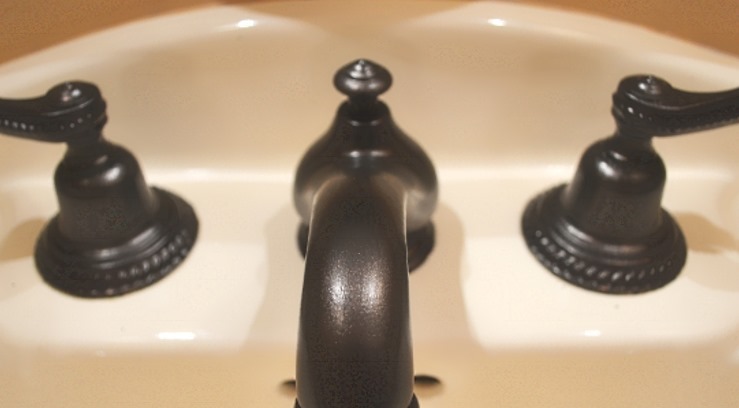Industry News
Kenyan Builders Now Grapple with Fake Products from Asia
The low quality products are stocked in many hardware shops across the country.

Kenyan homeowners are grappling with fake building products that have infiltrated the local market as dishonest businessmen seek to make quick money.
The cheap products, mainly house fittings, are mainly imported from Asia by deceitful dealers and are stocked in hardware shops across the country.
They include electricity cables, window panes, sinks, water heaters, lock taps, doors, bulb holders and sinks among other products.
The products are selling at faster rates compared to genuine ones since they are being offered at extremely low prices.
“A genuine tap goes for an average of Sh1,000 but a fake one would even cost a quarter of that amount. A developer out to make the most from his project would go for these gadgets,” says Antony Kuyo a Nairobi-based real estate consultant.
The result is that house buyers and tenants are forced to replace several fittings such as taps, hinges and doors as soon as they move into their new homes since the fake fittings last for only a few months.
RELATED: Headache for Kenyan Builders as Counterfeits Flood Market
Cosmas Karithi, who recently bought a house under mortgage in Athi River, Machakos County, noted that he had to replace most fittings after realising they were of poor quality.
“There was a day I was showering and the tap broke while I was opening it; I could not believe my eyes. I replaced all the taps and sinks,” said Mr Karithi, who added that it is hard to differentiate between fake and genuine fittings.
Kenya is ranked among the largest markets for fake products in Africa.
According to the Anti-Counterfeit Agency, the country loses about Sh70 billion annually due to counterfeits. This amount of money rivals the country’s foreign exchange earnings from key sectors such as tea, tourism and horticulture.
Other items that have been affected by counterfeits include medicine, software, electronics, farm inputs, and mobile phones among others.














